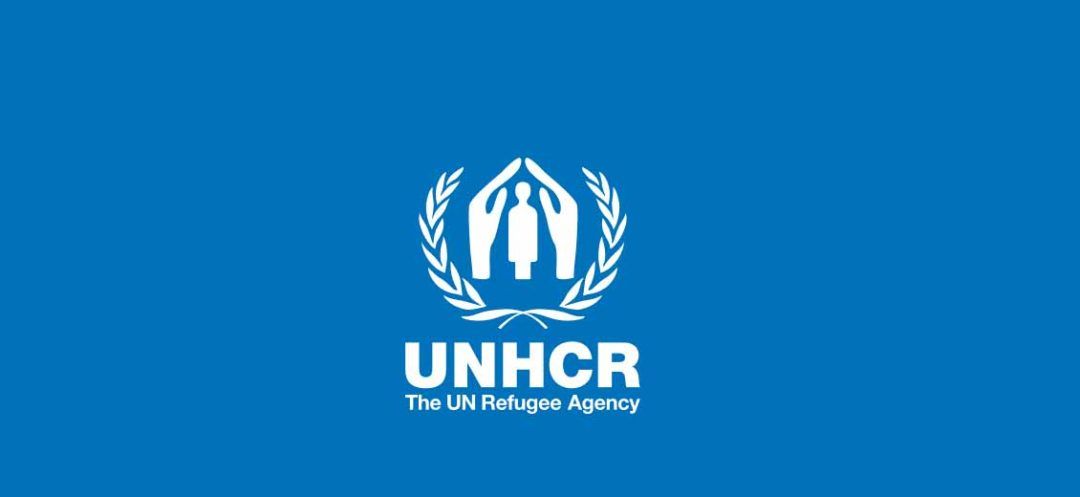
The United Nations High Commissioner for Refugees (UNHCR) announced on Monday afternoon that it had withdrawn the memorandum it had sent last week to the Ministry of the Interior, asking it to put an end to "inhumane practices" against Syrian migrants in the country. The UNHCR was referring to the security plan implemented by the Ministry since May 15 to combat the illegal Syrian presence, but its move provoked a political outcry.
On Monday morning, the caretaker Minister of Foreign Affairs, Abdallah Bou Habib, summoned the UNHCR representative in Lebanon, Ivo Freijsen, to ask him to "withdraw the memorandum and consider it null and void."
In a statement following the meeting, Bou Habib also outlined that he had instructed the UNHCR "not to intervene in matters relating to Lebanese sovereignty." He said he had stressed the need for UNHCR to comply "with the rules of communication with Lebanese ministries and administrations," as well as for individuals and international organizations operating in Lebanon to “adhere to Lebanese laws.”
He also called on the UN body to not “bypass the legal authority” of the Ministry of Foreign Affairs, “which serves as the mandatory channel for all UNHCR communications according to agreements, treaties and diplomatic conventions.”
Bou Habib demanded in his meeting that:
While reaffirming Lebanon's commitment to the principles of the United Nations, Bou Habib warned that his Ministry would be forced to "reconsider its way of dealing with the UNHCR" should the UN agency fail to respond favorably to his requests.
But while UNHCR responded positively to the minister's requests, it defended its initiative, saying in a statement that it had been carried out "in accordance with the procedures followed with the corresponding parties within governments, and with its own responsibilities when issues relating to vulnerable groups in Lebanon, including refugees, are raised."
UNHCR underlined its commitment to its partnership with Lebanon, saying it would "continue to call for increased aid to the country, particularly to the most vulnerable parts," and insisted on the need for the international community to "prioritize durable solutions to the Syrian presence, to alleviate the pressure it is putting on Lebanon." In this context, it stressed the importance of "creating conditions in Syria for the return" of all those who fled the country after the 2011 war.
As a reminder, the leader of the Lebanese Forces, Samir Geagea, had on Sunday denounced in virulent terms the memorandum sent by the UNHCR representative in Lebanon to Mawlawi, accusing Freijsen of undermining Lebanon's sovereignty.
On Monday morning, the caretaker Minister of Foreign Affairs, Abdallah Bou Habib, summoned the UNHCR representative in Lebanon, Ivo Freijsen, to ask him to "withdraw the memorandum and consider it null and void."
In a statement following the meeting, Bou Habib also outlined that he had instructed the UNHCR "not to intervene in matters relating to Lebanese sovereignty." He said he had stressed the need for UNHCR to comply "with the rules of communication with Lebanese ministries and administrations," as well as for individuals and international organizations operating in Lebanon to “adhere to Lebanese laws.”
He also called on the UN body to not “bypass the legal authority” of the Ministry of Foreign Affairs, “which serves as the mandatory channel for all UNHCR communications according to agreements, treaties and diplomatic conventions.”
Bou Habib demanded in his meeting that:
- The UNHCR adheres to the Memorandum of Understanding signed with the General Directorate of General Security in 2003, which stipulates that the UNHCR undertakes to “relocate asylum seekers to a third country other than Lebanon within six months, exceptionally renewable once.”
- The entity delivers the refugee data, no later than the end of the current month, to the General Directorate of General Security, per the Memorandum of Understanding signed on August 8, 2023, with the Ministry of Foreign Affairs and Emigrants.
- The letter the UNHCR addressed to the Minister of Interior, Bassam Mawlawi, demanding the end of “inhuman practices against Syrians,” is withdrawn and considered “null and void.”
While reaffirming Lebanon's commitment to the principles of the United Nations, Bou Habib warned that his Ministry would be forced to "reconsider its way of dealing with the UNHCR" should the UN agency fail to respond favorably to his requests.
But while UNHCR responded positively to the minister's requests, it defended its initiative, saying in a statement that it had been carried out "in accordance with the procedures followed with the corresponding parties within governments, and with its own responsibilities when issues relating to vulnerable groups in Lebanon, including refugees, are raised."
UNHCR underlined its commitment to its partnership with Lebanon, saying it would "continue to call for increased aid to the country, particularly to the most vulnerable parts," and insisted on the need for the international community to "prioritize durable solutions to the Syrian presence, to alleviate the pressure it is putting on Lebanon." In this context, it stressed the importance of "creating conditions in Syria for the return" of all those who fled the country after the 2011 war.
As a reminder, the leader of the Lebanese Forces, Samir Geagea, had on Sunday denounced in virulent terms the memorandum sent by the UNHCR representative in Lebanon to Mawlawi, accusing Freijsen of undermining Lebanon's sovereignty.
Read more



Comments